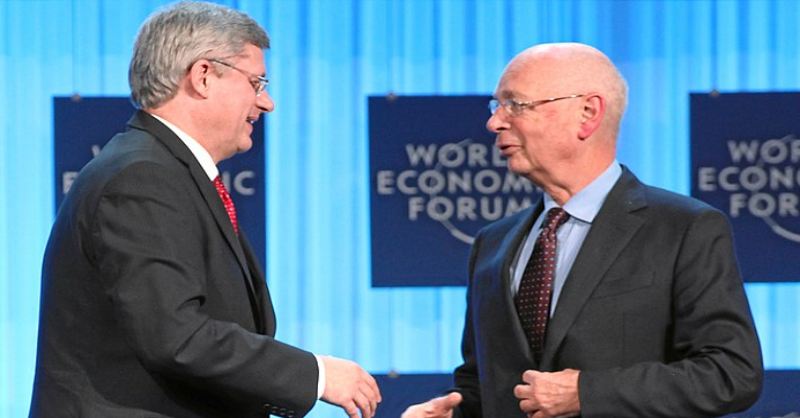
RYAN TYLER
Women Are Being Erased, WHile Men Cower
As biological men invade women's spaces and erase what it means to be a woman, men do nothing.
This website uses cookies to ensure that you have the best possible experience when visiting the website. View our privacy policy for more information about this. To accept the use of non-essential cookies, please click "I agree"



RYAN TYLER
As biological men invade women's spaces and erase what it means to be a woman, men do nothing.

GRANT JOHNSON
Fewer people amount to fewer problems. A smaller population might be exactly what we need.

STEVE PARKER
The comedian seems unable to comprehend why whites would be dissatisfied with a white government.

ALLAN RAY
The NDP's disastrous policies need to be undone, but only one party offers a path to victory.

GRANT JOHNSON
Conservative think they have the next election in the bag. but they don't realize the odds are stacked against them.

RYAN TYLER
The plan has been in place for decades and it's finally starting to work, but not in the ways you might think.

DEVON KASH
The company has done much worse than reject basic biology and science.

RYAN TYLER
After ten years of Stephen Harper, Canada is more insane and progressive than ever before.